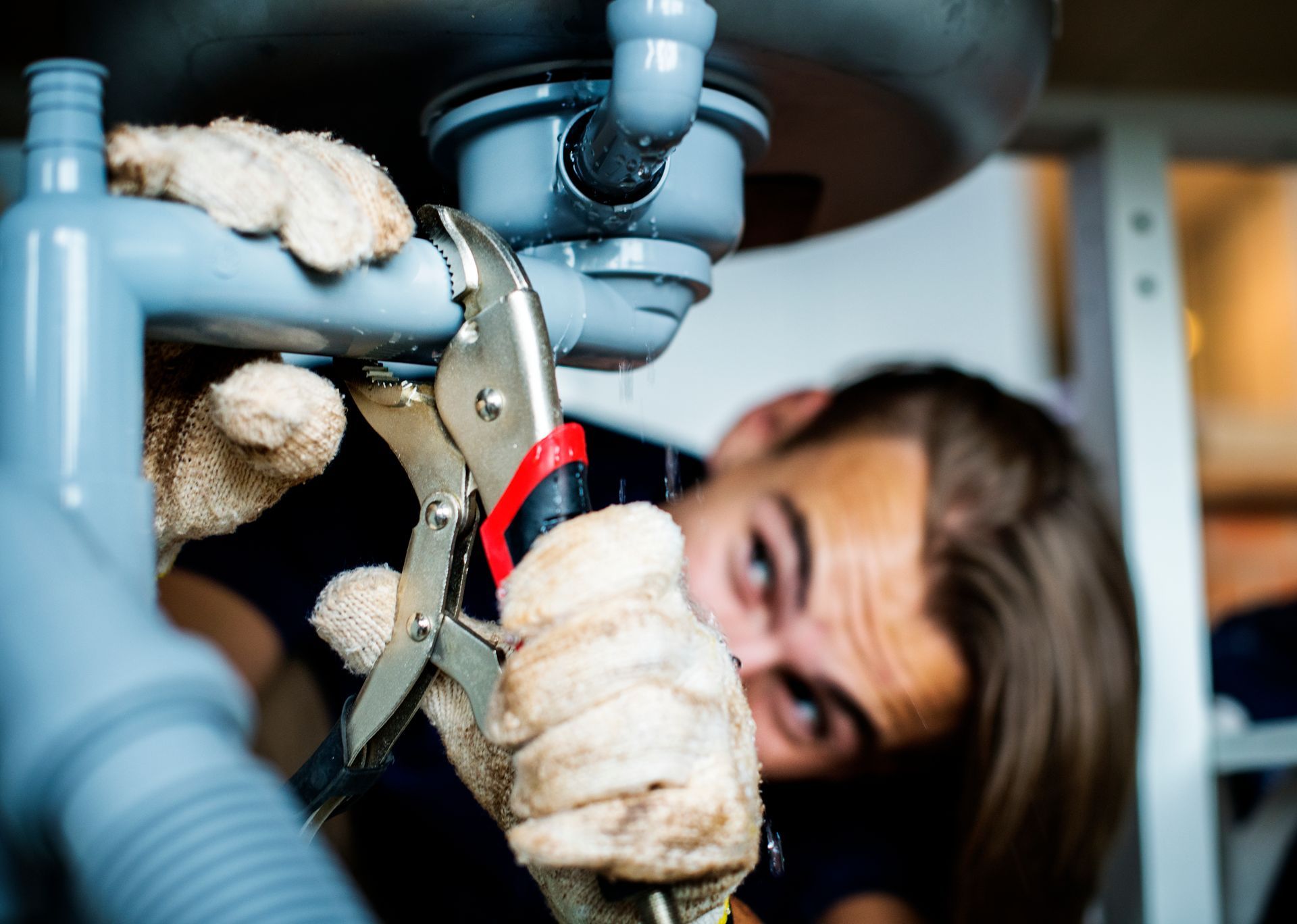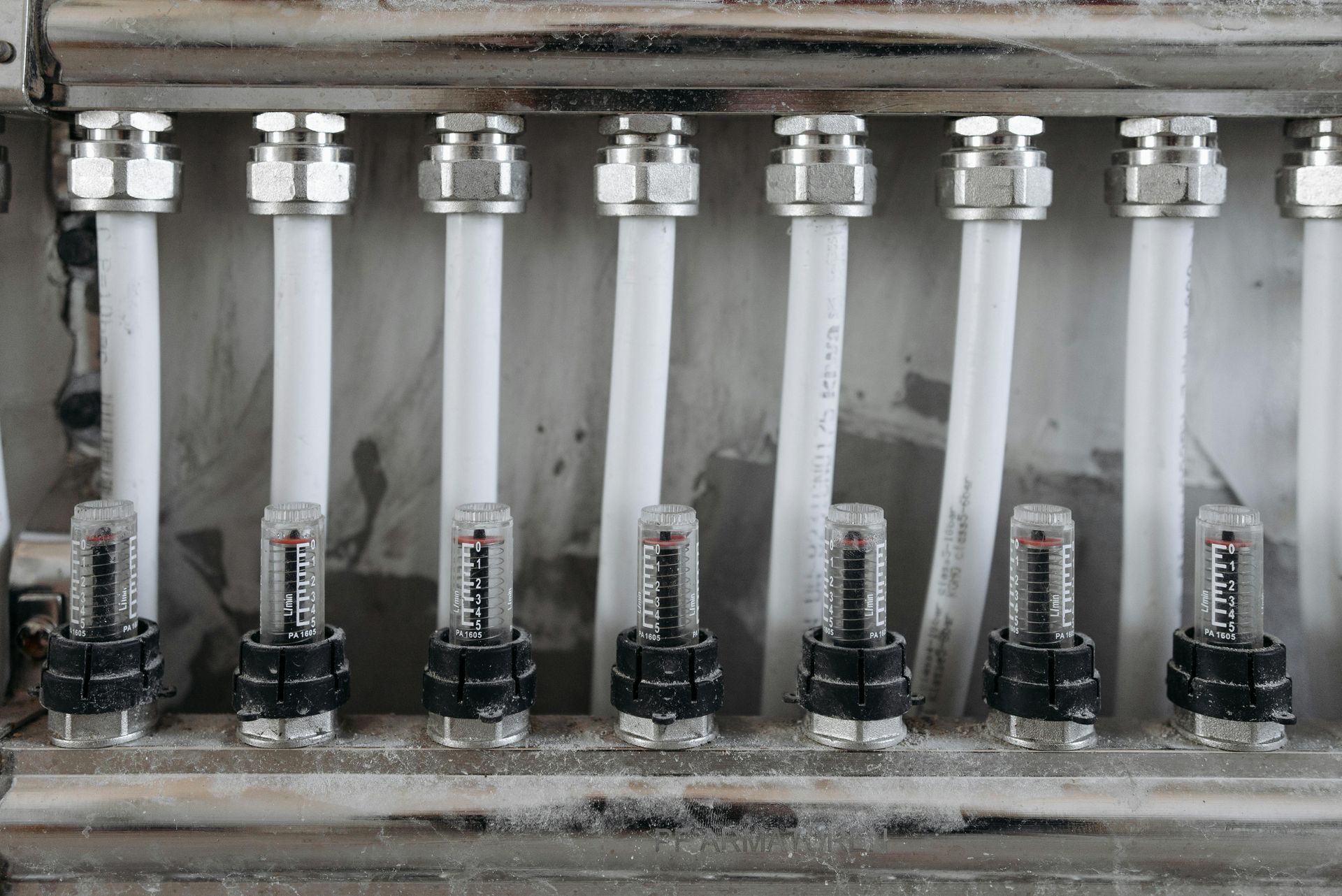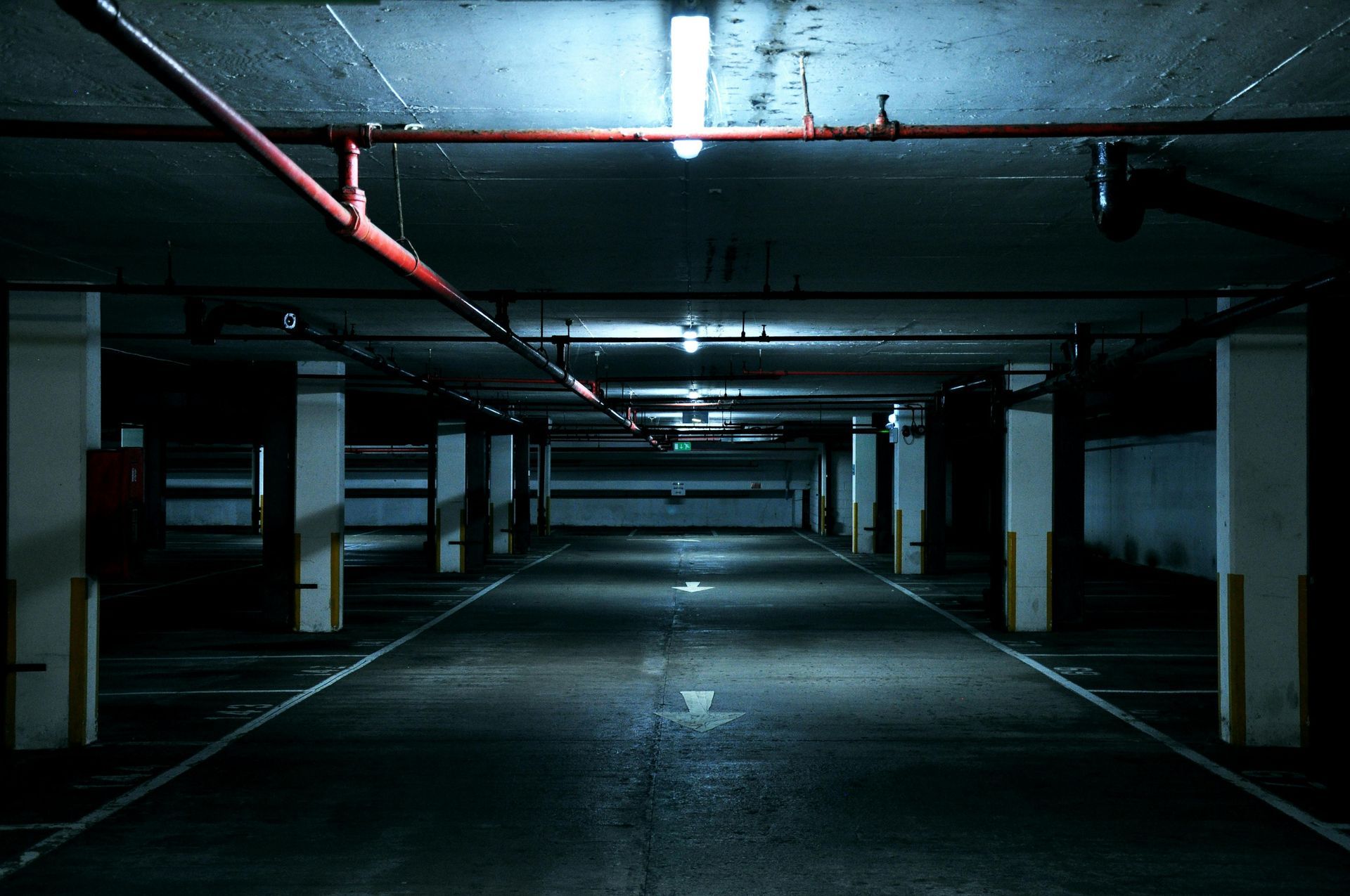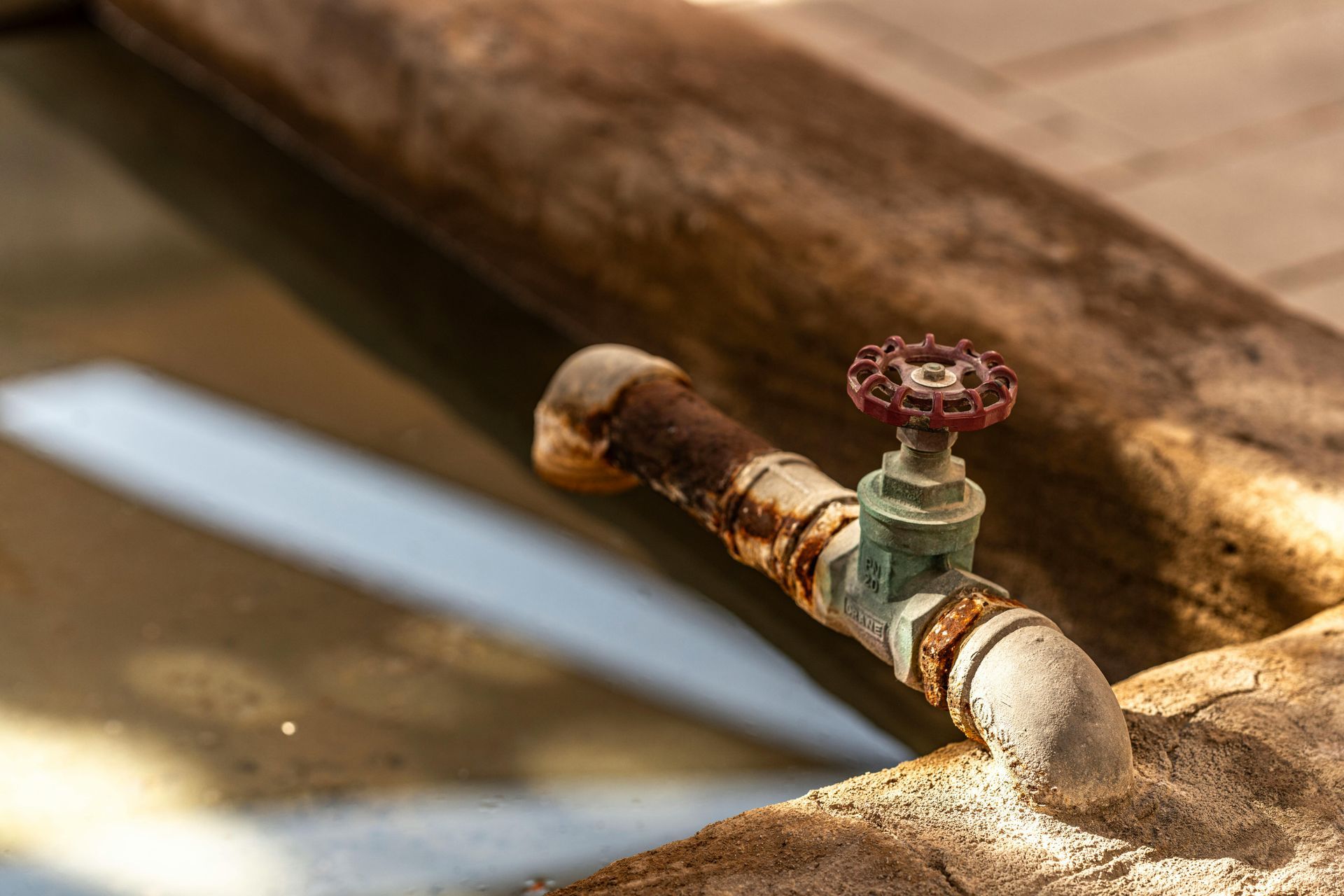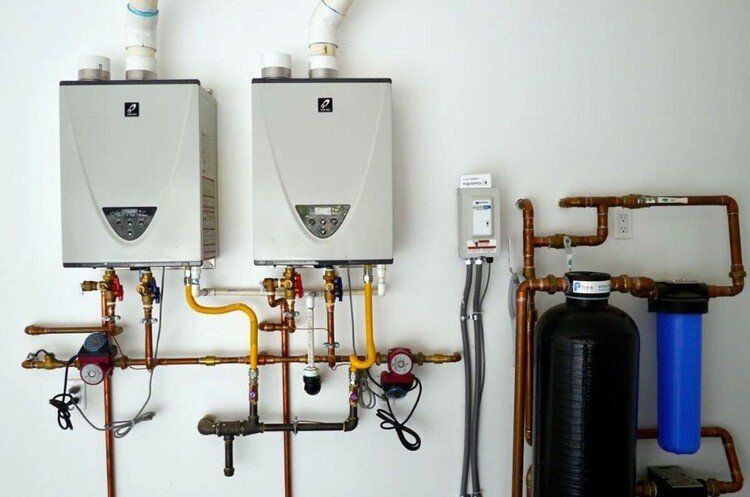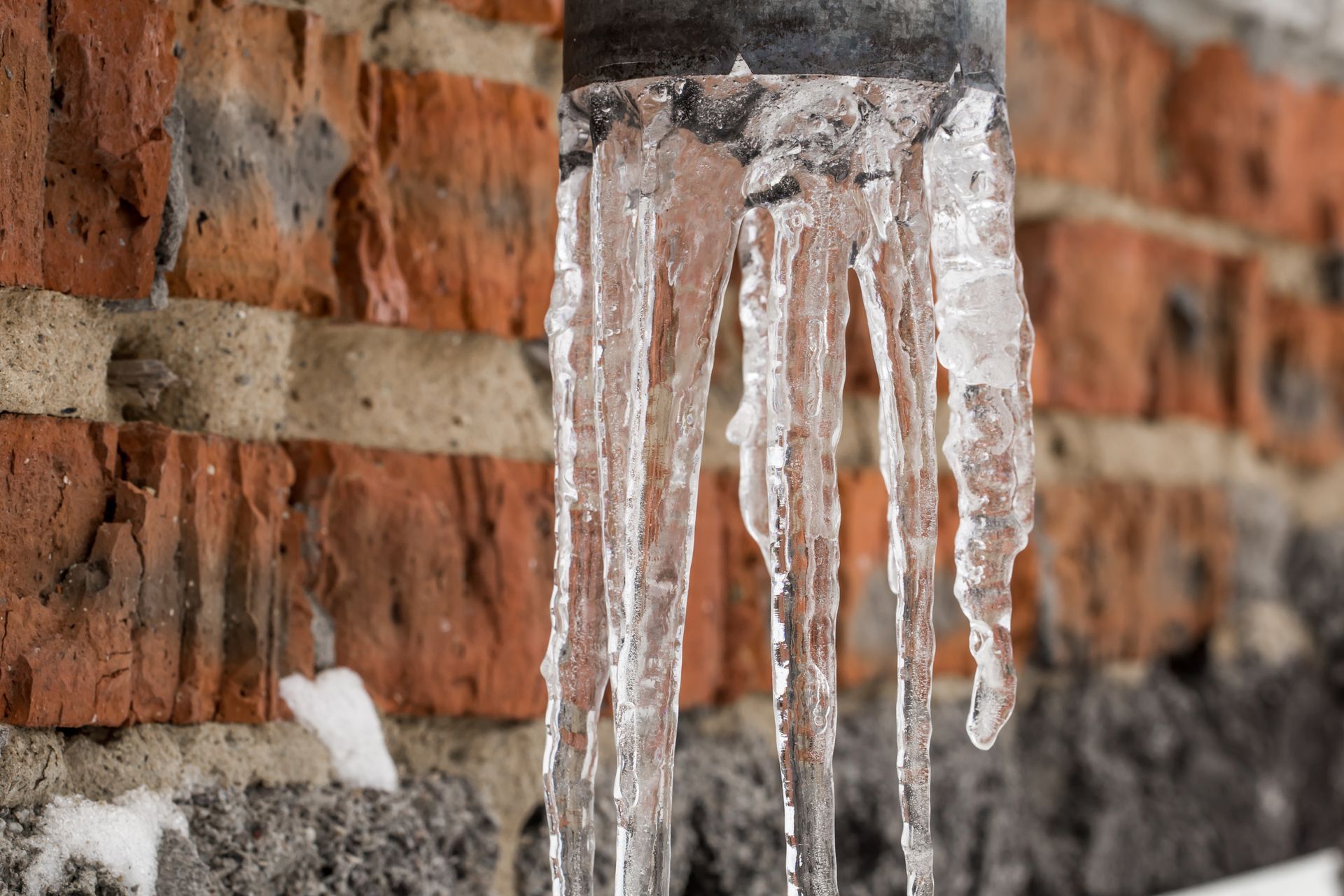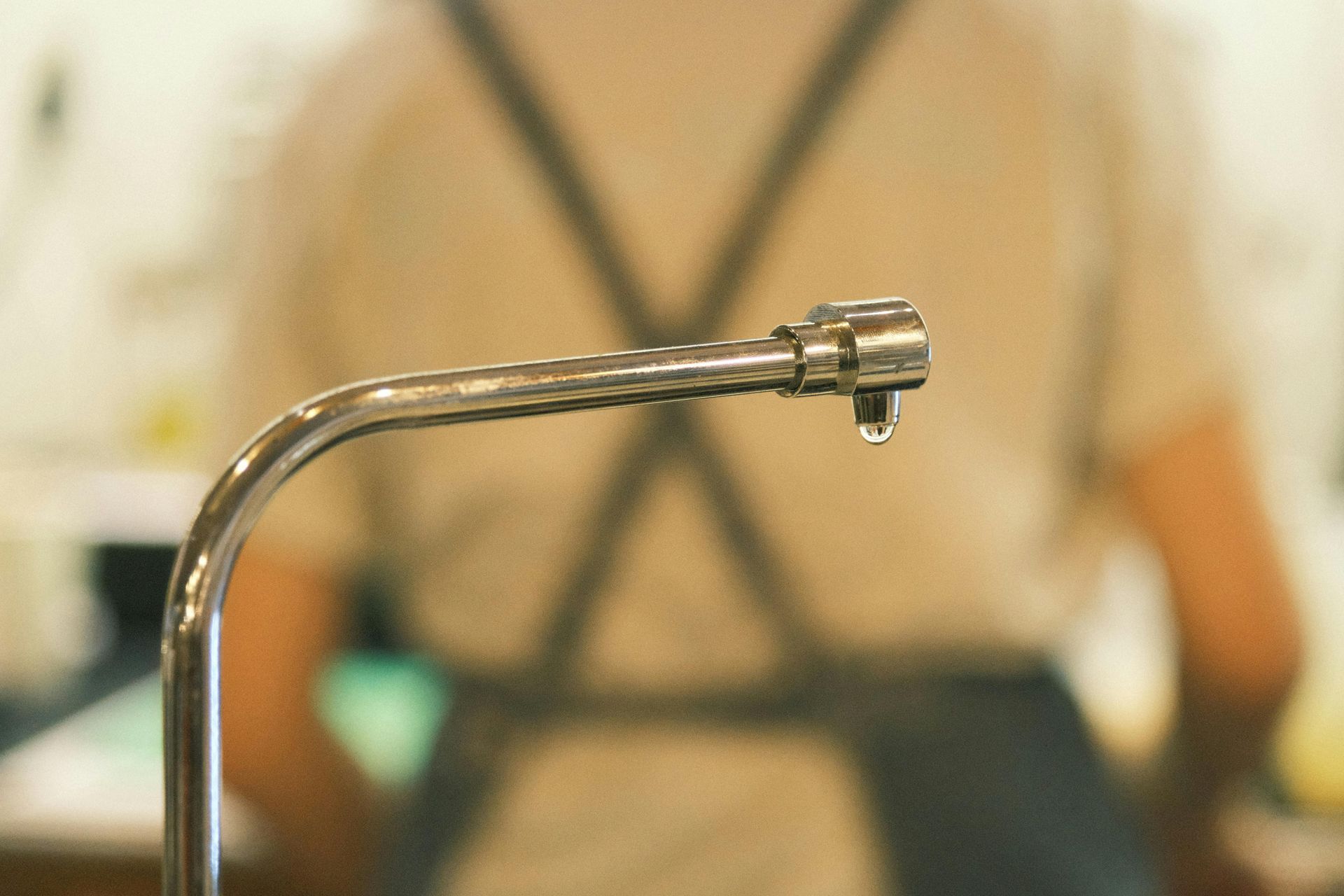Troubleshooting A Water Heater That Makes Rumbling Sounds
Water heaters are critical appliances in any household or commercial setting, providing the necessary hot water for daily activities. However, when a water heater starts making unusual rumbling sounds, it not only disrupts the comfort of the home but also signals potential underlying problems. Understanding the causes of these noises and knowing how to troubleshoot them is essential to prevent further damage and costly repairs. This article delves into the various reasons behind a rumbling water heater, practical troubleshooting steps, and the importance of timely professional intervention including emergency services.
Causes of Rumbling Sounds in Water Heaters
One of the most common causes of rumbling noises in water heaters is sediment buildup at the bottom of the tank. Over time, minerals like calcium and magnesium from hard water settle and harden, forming a dense layer. As the water heats, it bubbles beneath this sediment layer, creating a rumbling or popping sound akin to a kettle boiling. This process not only produces noise but also reduces the heater’s efficiency by insulating the water from the heat source and can eventually lead to overheating and damage.
Additionally, loose heating elements or worn-out components inside the heater can cause vibrations manifesting as humming or rumbling noises. Changes in water pressure or temperature fluctuations can cause metal parts to expand and contract, producing noises that might be mistaken for mechanical faults. Sometimes, trapped air pockets or water hammer effects in the plumbing system can also contribute to these disturbing sounds.
Understanding these causes is essential as they impact the water heater's performance and longevity, and ignoring them may result in leaks, appliance failure, and significant property damage.
Effective Troubleshooting Steps
To troubleshoot a rumbling water heater, begin by inspecting the unit for obvious signs such as leaks, corrosion, or loose parts. A key maintenance procedure is flushing the water heater tank to remove sediment buildup. This involves draining the tank partially or fully, then flushing it with fresh water until the discharged water runs clear. Regular flushing can prevent sediment accumulation and reduce noise significantly.
Checking and tightening heating elements with the power off can also mitigate vibrations causing humming or rumbling sounds. If adjustable, lowering the water heater’s temperature can help reduce heating stress and noise, especially if it has been set too high.
Homeowners should also consider inspecting the water pressure and ensuring it remains within recommended levels (typically 40-60 psi). High pressure can exacerbate noises and put strain on plumbing fixtures including the water heater. Installation or inspection of expansion tanks may help absorb pressure fluctuations and prevent noise as well as system damage.
When DIY troubleshooting does not resolve the noises or if there is concern about safety, it is crucial to find an emergency plumber for after-hours services to diagnose and repair the issue properly. Providers like All City Plumbers specialize in emergency services and can swiftly assess and fix problems to restore quiet and efficient operation.
Importance of Professional Assessment and Maintenance
While many issues can be initially addressed by the homeowner, professional assessment is often needed to ensure comprehensive repairs and prevent recurrence. Sediment buildup, for example, might require a more thorough descaling treatment or replacement of worn components.
Regular maintenance by licensed plumbers includes inspecting expansion tanks, thermostats, heating elements, and anode rods, all of which contribute to the water heater’s silent and efficient function. Prompt attention to rumbling sounds not only preserves the appliance’s lifespan but also safeguards the property from the risk of leaks or bursts.
Professional emergency services are indispensable in critical situations where water heaters malfunction outside regular hours. Having access to trusted experts ensures peace of mind and timely resolution of urgent plumbing crises, minimizing inconvenience and damage.
Conclusion
Rumbling sounds from a water heater are indicators of underlying issues such as sediment accumulation, mechanical vibrations, or pressure fluctuations. Addressing these noises through proper troubleshooting, including flushing the tank, tightening components, and monitoring water pressure, can significantly improve performance and reduce wear. However, when problems persist or escalate, relying on professional emergency services like those offered by All City Plumbers becomes essential. Timely intervention by skilled plumbers, along with preventive measures such as installing expansion tanks, ensures safe, quiet, and efficient operation of water heaters, protecting both the appliance and the household. Investing in knowledge and maintenance ultimately results in a long-lasting water heating system and enhanced home comfort.

